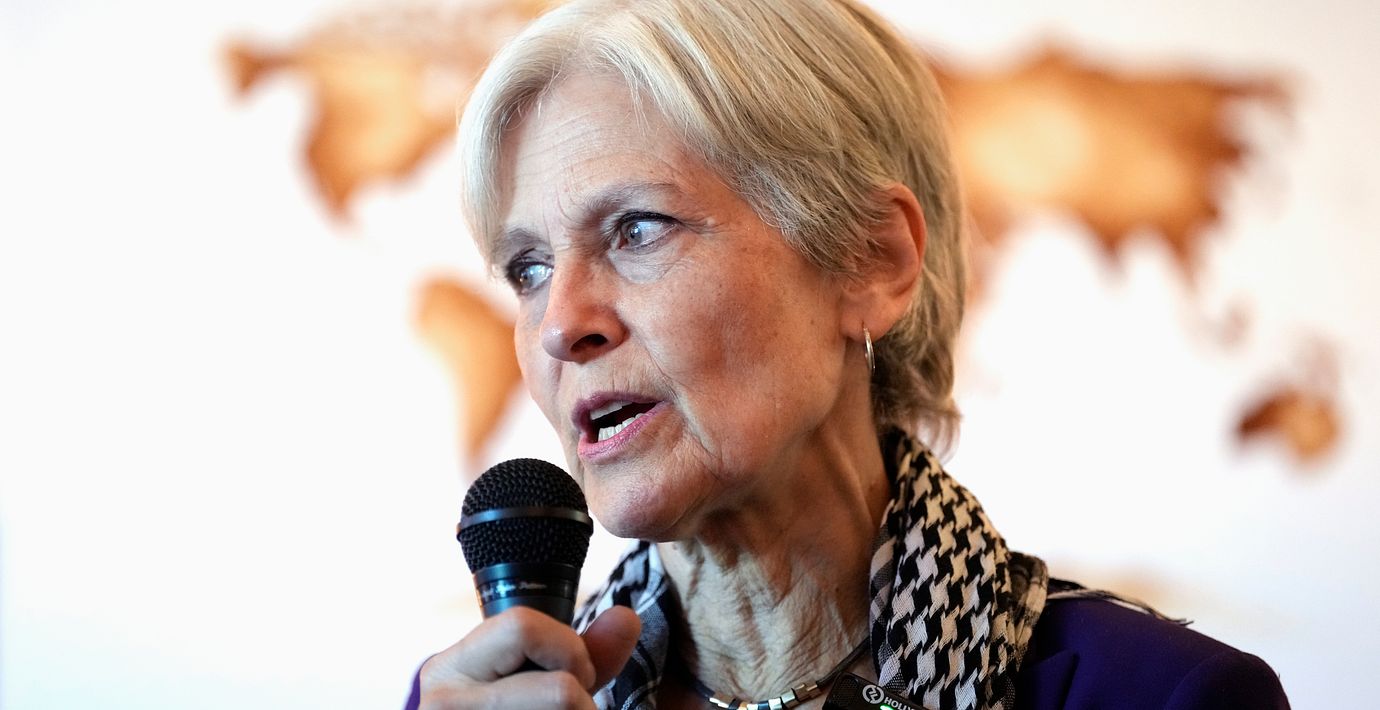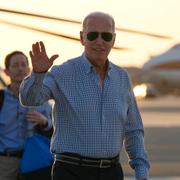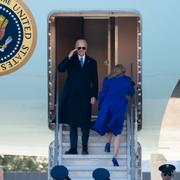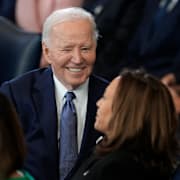
Jill Stein: Demokraterna förrådde sin väljarbas
Demokraterna ”förrådde sin väljarbas”. Det säger Jill Stein, det Gröna partiets presidentkandidat, i en intervju med Newsweek.
Demokraterna framställde sig själva som det mindre dåliga av två nykonservativa alternativ, säger Stein som menar att folk kommer välja högerpopulism om det inte finns ett progressivt alternativ.
Stein tror att det blir tufft för Demokraterna att komma tillbaka.
– De har förlorat sin trovärdighet. Primärvalen är riggade, makten är ”top down”. Folk är trötta på Demokraterna.
Nu måste Demokraternas ledare kliva åt sidan.
– De måste låta verklig opposition ta plats, säger Stein.
bakgrund
Neoconservatism
Wikipedia (en)
Neoconservatism is a political movement which began in the United States during the 1960s among liberal hawks who became disenchanted with the increasingly pacifist Democratic Party along with the growing New Left and counterculture of the 1960s amidst the Vietnam War. Neoconservatives typically advocate the unilateral promotion of democracy and interventionism in international relations together with a militaristic and realist philosophy of "peace through strength". They are known for espousing opposition to communism and radical politics.
Many adherents of neoconservatism became politically influential during Republican presidential administrations from the 1960s to the 2000s, peaking in influence during the presidency of George W. Bush, when they played a major role in promoting and planning the 2003 invasion of Iraq. Prominent neoconservatives in the Bush administration included Paul Wolfowitz, Elliott Abrams, Richard Perle, Paul Bremer, and Douglas Feith.
Although U.S. Vice President Dick Cheney and Secretary of Defense Donald Rumsfeld had not self-identified as neoconservatives, they worked closely alongside neoconservative officials in designing key aspects of the Bush administration's foreign policy; especially in their support for Israel, promotion of American influence in the Arab world and launching the war on terror. The Bush administration's domestic and foreign policies were heavily influenced by major ideologues affiliated with neoconservatism, such as Bernard Lewis, Lulu Schwartz, Richard and Daniel Pipes, David Horowitz, and Robert Kagan.
Critics of neoconservatism have used the term to describe foreign policy and war hawks who support aggressive militarism or neocolonialism. Historically speaking, the term neoconservative refers to Americans who moved from the anti-Stalinist left to conservatism during the 1960s and 1970s. The movement had its intellectual roots in the magazine Commentary, edited by Norman Podhoretz. They spoke out against the New Left, and in that way helped define the movement.
Omni är politiskt obundna och oberoende. Vi strävar efter att ge fler perspektiv på nyheterna. Har du frågor eller synpunkter kring vår rapportering? Kontakta redaktionen



